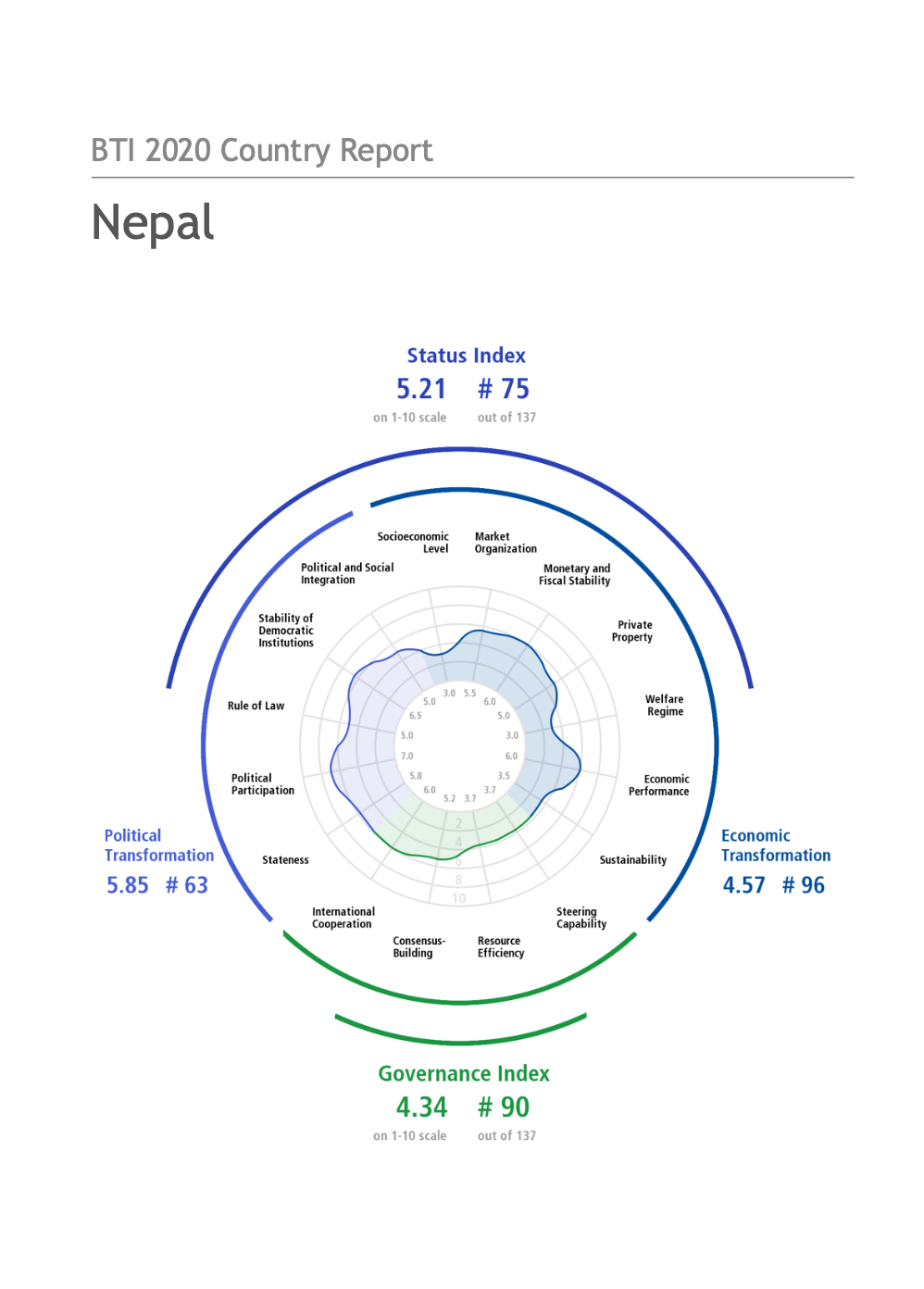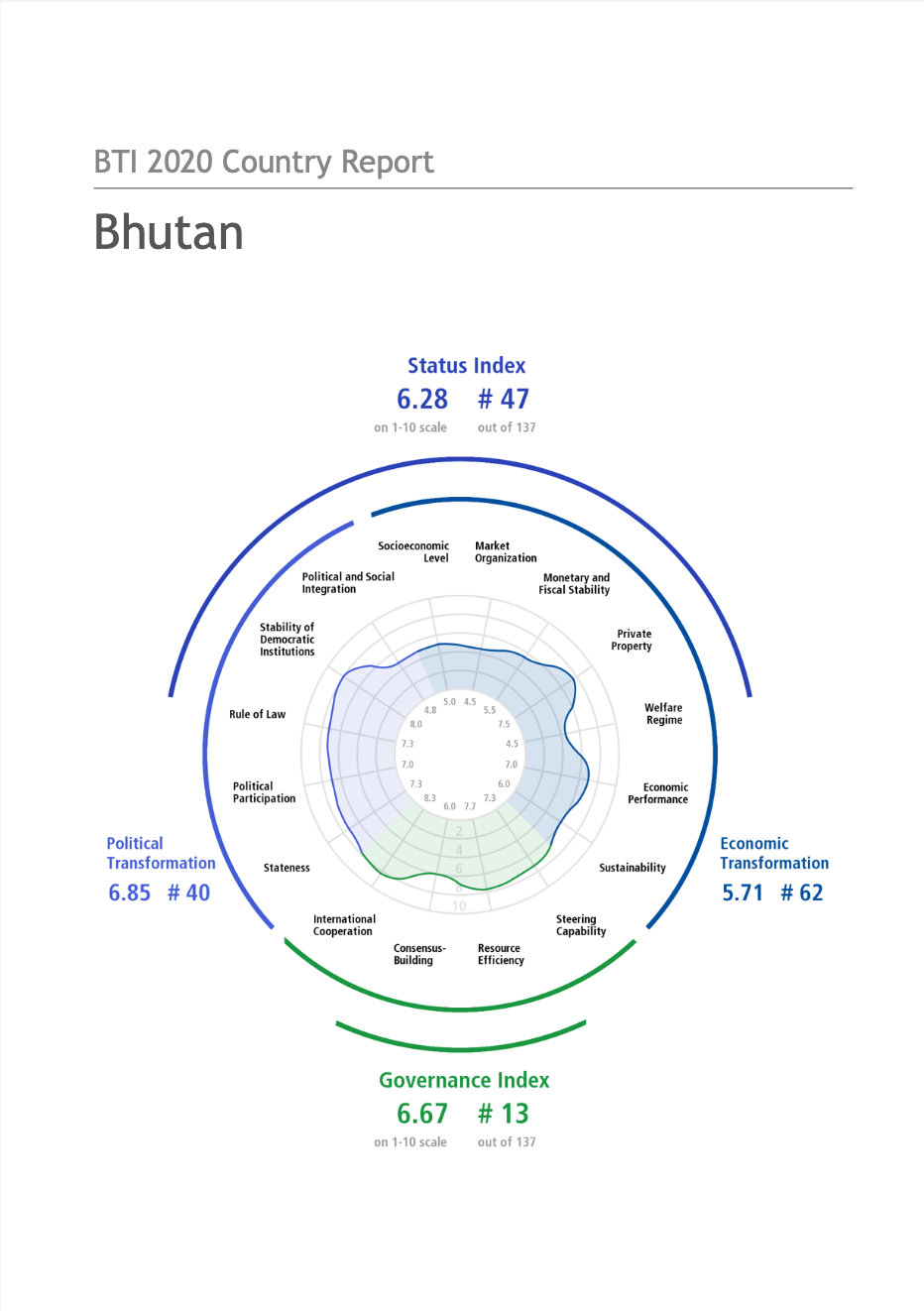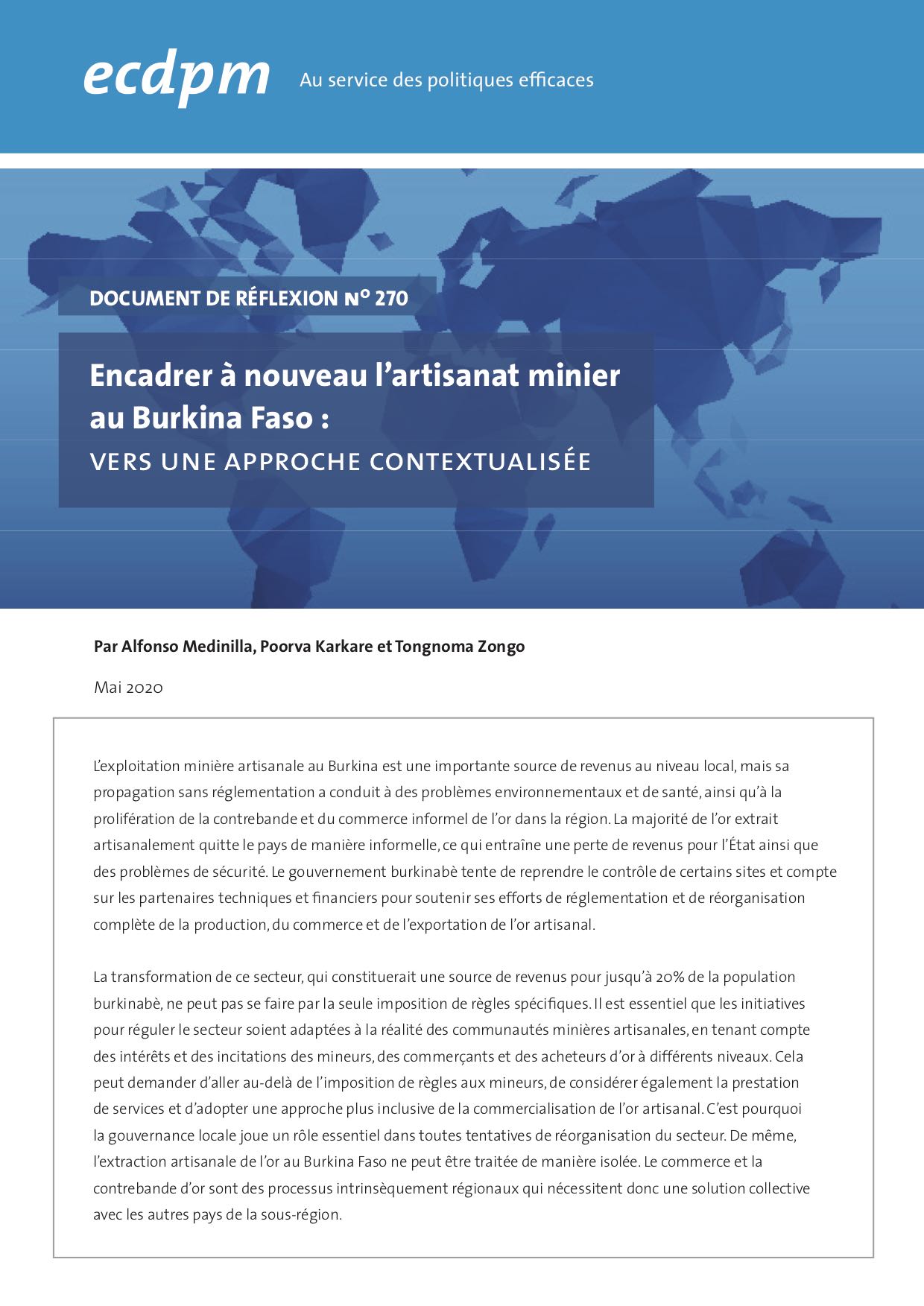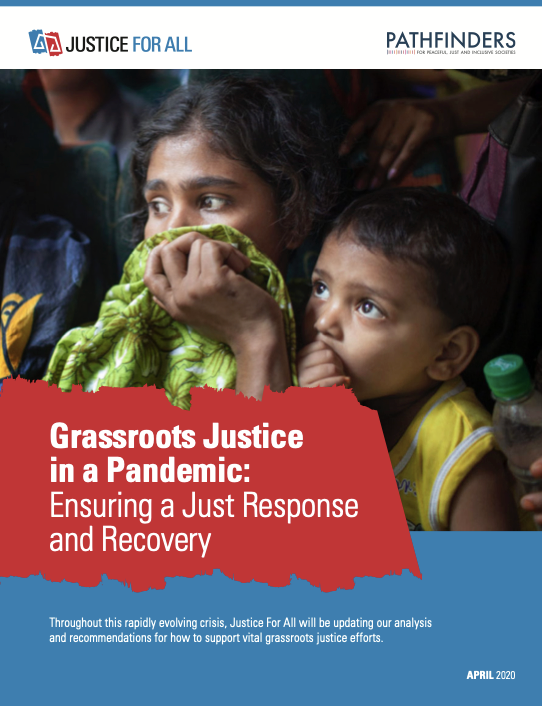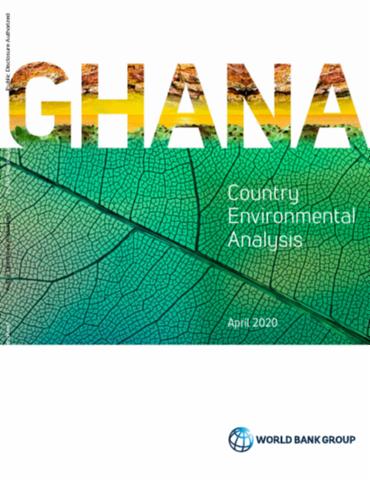Land Governance Arrangements in Eastern Africa: Description and Comparison
This study is aimed to assess features of land governance arrangements in the Eastern Africa region. Comparative and qualitative research approach was employed to achieve the objectives of the study. The research was also conducted within the context of long standing research collaboration under the umbrella of the Eastern African Land Administration Network (EALAN). The Eastern African countries included in this study are those represented through respective institutions in the EALAN, namely: Burundi, Democratic Republic of Congo, Ethiopia, Kenya, Rwanda, South Sudan, Tanzania and Uganda.


